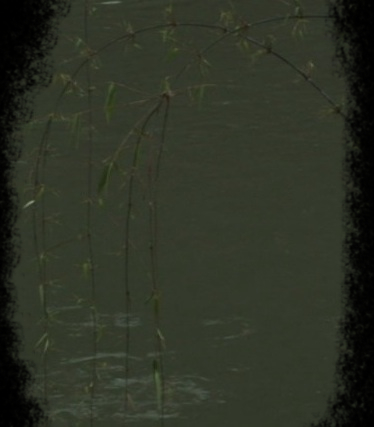
Why this film?
It was the winter of 2005 when I made my first visit to the Nu River canyon region in southwest China. Bordering Tibet and Burma, this mountainous area defined by the roaring river and snow-covered jagged peaks is considered one of the last unexplored, undeveloped areas left in China. Although immediately drown in by its natural beauty, I was more impressed by the ethnic minorities there living harmonously together and their innate habit of appreciating the simplest pleasure in life.
And it was then that I got to know the government's plan for a massive hydroelectric project consisting of thirteen dams on the Nu River, part of the Three-Parallel Rivers World Heritage Area, the artery of the area.
In 2006, I returned to the Nu River region with a group of Chinese journalists and members of the local environmental group in an attempt to document the changes happening on rivers in western China, Nu River included. The result was a six minutes short documentary on the current situation. But I feel that was far from enough to portrait this amazing area tittering at the edge of drastic changes.
So in 2007, I traveled back to the area in search of characters that I hope through them, the story of the area, and its people can be told with more intimacy. Through a chain of lucky connections, I got to know these two musicians in a small village called Chi Heng Di in the heart of the Nu River Canyon.
I was born and raised in China and spent the last fifteen years living in the U.S. I have the privilege to experience the transition in myself from admiring everything associated with the western, developed world to starting to question some of the fundamental issues, especially those associated with the one-dimensional growth which measures the advancement of a society solely by its ability to generate capitals, a path modern China is on right now in an attempt to develop based on the western models.
What I experienced in the Nu River Canyon was like a breathe of fresh air. The Generosity of the locals living in obvious econmical scarcity, their talents for singing and dancing. But I also notice the sense of helplessness when they talk about things happening to the area. The allure from the outside world is overwhelming, and many of the youth have gone to the big cities to do labor work. As a result, many of the ethnic traditions are disappearing.
In some senses, the Nu River locals, like myself, straddle between two worlds with startling contrasts. And they, like myself, have experienced times when their traditions were considered backwards and inferior. As I grow deeper understanding and appreciation of ancient wisdoms, I was struck by how advanced some of the locals are in terms of understanding the value of life. One of my filmmaker's moments came when I was interviewing the young musician on some of the songs he created, the meaning behinds. He told me one of the songs was about how so many people choose to look feverishly for things, for money, climbing over mountains after mountains for that rare herb, going deep into the oceans for that pearls, but never found the most precious things in life. If the local officials has one percent of that understanding, then many of the plans to "develop" this area would not have been the way they are happening. Having witnessed some of the devastating side-effects of the one-dimensional development in these ethnic communities, it is my great desire to find ways to help the Nu River locals with maintaining a strong sense of cultural identity and pride toward their traditions and values. I believe the making of this documentary will make a contribution.










